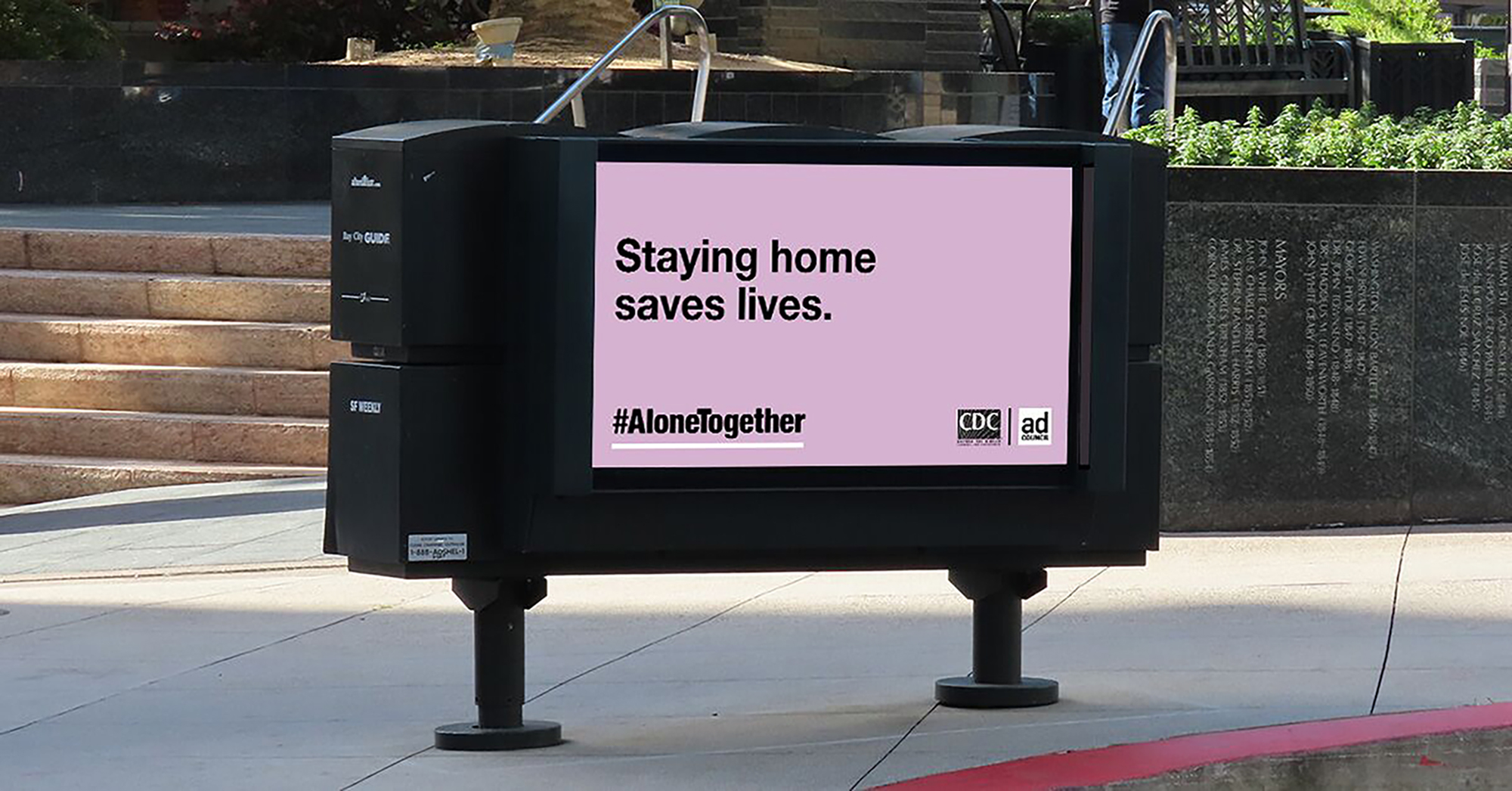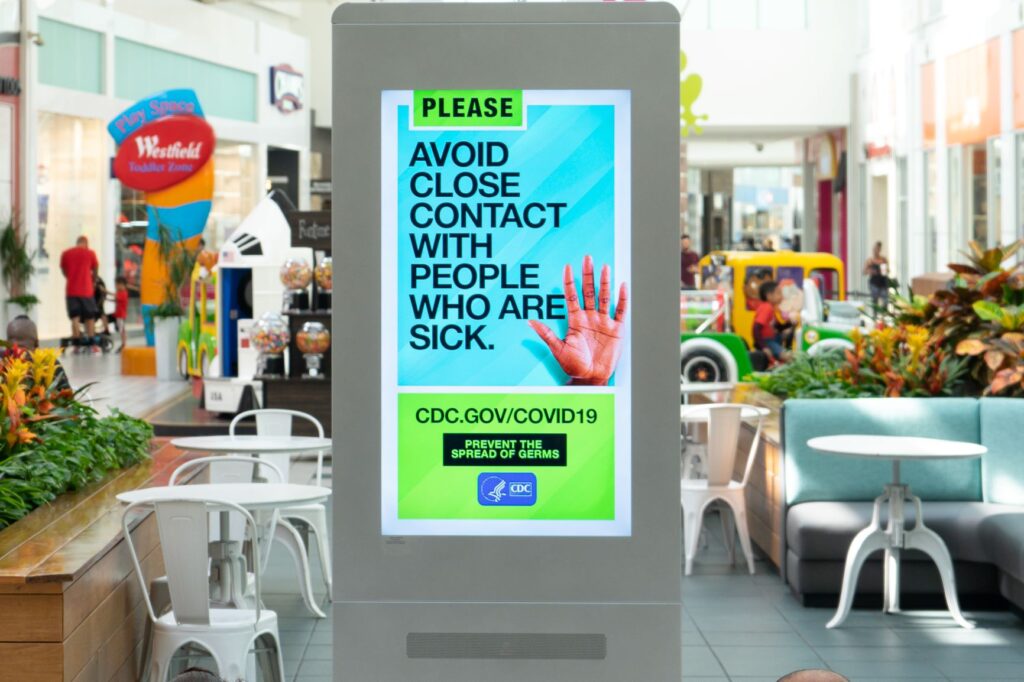
Today’s crisis — with restrictions on mobility for the sake of public health that also choke the economy — raises a classic (legit) question about trade associations: does somebody have my back?
OAAA has your back. Together, we can face challenging times ahead and come out on the other side of “stay at home” orders, cancellations, and health risks.
OAAA has a successful history acting as the industry’s galvanizing force whether it’s to advance our medium through the integration of new technologies like digital OOH or new measurement capabilities; provide vital support to local communities in response to natural disasters or health threats, such as what we are doing during the current COVID-19 crisis; and, yes, navigate through economic disruptions that affect our industry.
Our medium, regulated by government, also has a long tradition of advocating our position to government, and OAAA is proud of the significant role we have always played in this regard. In response to the current coronavirus crisis, OAAA is increasing its focus on government relations.
Stimulus
OAAA just retained an outside lobbyist to advocate for the OOH industry as Congress considers a series of stimulus packages and government agencies begin spending stimulus funds.
This firm and its principal have worked previously for our industry (Barbour Griffith & Rogers, now known as BGR Group, led by former Governor Haley Barbour). They will provide strategic advice on stimulus categories such as small business, tax, aviation, transit, and paid-government messaging to communicate with the public.
This week, OAAA is compiling evidence of economic injury to our medium (due to mobility restrictions) as well as the advantages OOH advertising provides government messaging. We anticipate that Congress will consider a fourth stimulus package after Easter and perhaps a fifth after that.
Stay at Home Orders
OAAA can help OAAA members define “essential” business functions.
A growing number of states (and localities) are ordering all but essential business activities to “stay at home” to reduce the spread of coronavirus. State and local orders vary; exemptions for media are common (such as section 12-D of the Illinois order).
OAAA is a repository of information and can assist you in framing arguments regarding essential businesses and what is media.
Contact Kerry Yoakum ([email protected]) for government documents and for help in navigating “stay at home” orders.
OAAA will host a webinar tomorrow (Tuesday, March 24 at 2 pm ET) during which legal counsel will discuss these orders and how businesses are responding. Register here.
Best Practices
Protecting proprietary information, OAAA can share information about what other companies are doing, including their responses to “stay at home” orders.
OAAA also spotlights best practices. In the wee hours of March 22, DDI Media in St. Louis contacted OAAA regarding a local request from a medical center for N95 masks used by healthcare workers. DDI Media had located 50 of these masks (for donation to medical professionals). Within hours, OAAA took steps to explain to the rest of the industry how DDI Media handled this request, and to challenge others to locate and donate masks.

Official Messaging
With allies in Congress and the Administration, OAAA worked with CDC (Centers for Disease Control and Prevention) to coordinate officially approved messages that advanced the goal of prevention without being alarmist.
Starting March 11, official CDC prevention messages were available on multiple OOH formats. A note of thanks from the office of the Secretary of Transportation came to OAAA . . . intended for all those in the OOH industry who posted public-service tips to reduce risk.
In the next week, The Ad Council launched a multi-media public-health campaign; OAAA was on the team.
Tax and Litigation
Appeals are pending in Cincinnati and Baltimore on important tax lawsuits. Both cities are in court defending targeted taxes on billboards.
Working with member companies (which are plaintiffs in these tax cases), OAAA bolsters the point that billboards are a medium of speech protected by the First Amendment.
Billboard laws — state and federal — contain important requirements that government compensate billboard owners and landowners when billboards are removed for a public purpose. (The federal law: “Just compensation shall be paid upon the removal of any outdoor advertising sign, display, or device lawfully erected under State law”).
Therefore, OAAA is working to restore billboard controls in Tennessee, after the federal courts knocked out the previous law on constitutional grounds. This case may go to the US Supreme Court.
Summary
To say these challenges are high stakes would be an understatement. But coming off of our industry’s best year ever in terms of revenue growth, the fundamentals of our industry remain strong. So whatever the challenges ahead, we will face them together, and you can be assured that through it all OAAA is with you 100 percent of the way.
We have your back.
Published: March 23, 2020